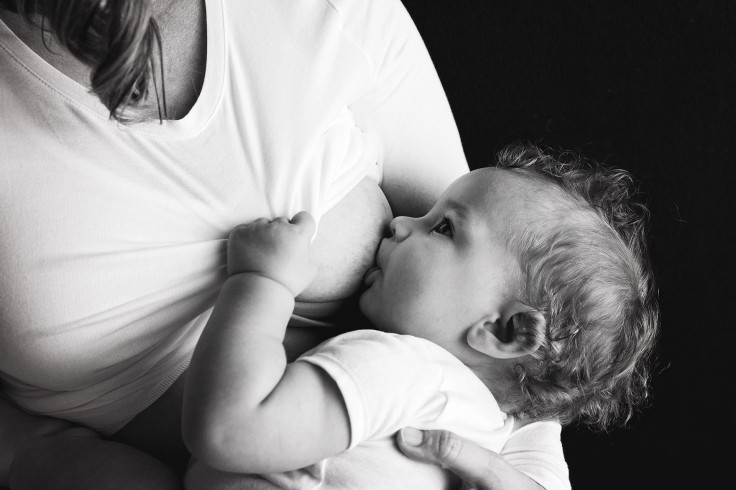Protection Against Stroke, Lowering Diabetes Risk And Other Benefits Of Breastfeeding

There is growing evidence that breastfeeding is good for both the mother and her child. While it provides immunity and protection against infection for the baby, it also protects the mother from several chronic diseases.
World Health Organisation recommends six months of exclusive breastfeeding with continued breastfeeding for 12 months or longer for the well-being of a mother and her infant. The American Academy of Pediatrics recommends the same.
Below are the three health benefits of breastfeeding for a woman:
Protection Against Stroke: Stroke is a leading cause for death among postmenopausal women, especially those aged 65 and above. A study that was published in the Journal of the American Heart Association last year suggested that breastfeeding can reduce the risk of stroke and other cardiovascular problems.
Researchers analyzed the data of more than 80,000 women. All the participants were part of a large observational study that was conducted by the Women's Health Initiative. During the 12.6 years of the follow-up period, the research team found that 51 percent of women breastfed for one to six months. Stroke risk was 23 percent lower among all groups of women who breastfed from one month up to 13 months and more.
"If you are pregnant, please consider breastfeeding as part of your birthing plan and continue to breastfeed for at least six months to receive the optimal benefits for you and your infants," Lisette T. Jacobson, the lead author of the study, said.
Lowers Liver Disease Risk: Non-alcoholic fatty liver disease (NAFLD) is a major health problem faced by many people across the globe. One in every three people in the UK is diagnosed with the early stages of this chronic disease, according to NHS. In the US, nearly 25 percent of people are affected by it, stated the American Liver Association.
Breastfeeding for six months or more can reduce the risk of NAFLD by 52 percent, according to a study that was published in the Journal of Hematology last year. The research suggested that breastfeeding mothers are less likely to suffer from liver disease mainly because less fat gets stored in their liver.
For the study, the researchers observed 844 women for 25 years after their delivery. During the analysis, they found that women who breastfed for longer periods were less likely to develop NAFLD than those who nursed their babies for less than a month.
Reduces High Blood Pressure and Diabetes Risk: High blood pressure and type 2 diabetes are the two major health problems faced by many postmenopausal women worldwide.
Breastfeeding for more than a year can reduce the risk of diabetes and high blood pressure to a great extent, according to a study.
The research suggested that breastfeeding helps in burning calories and reversing several metabolic problems, including higher fat circulation in the blood and increased cholesterol levels.
"In many ways it can be a reset to the adverse metabolic profile in pregnancy," Dr. Haitham Ahmed, senior author of the study and chair of cardiology at AdvantageCare Physicians in Brooklyn, New York, said. "Many women are not able to breastfeed, but for those who are, that can be an excellent way to improve long term cardiovascular and metabolic health of new mothers."
© Copyright IBTimes 2024. All rights reserved.





















